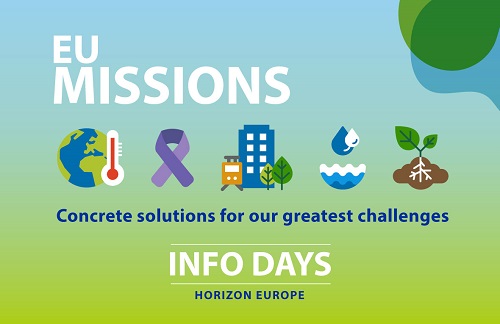ESFI is targeted towards overcoming the investment gap in the EU by mobilizing private financing for strategic investments in key sectors, including strategic infrastructure such as: digital, transport and energy; education, research, development and innovation; expansion of renewable energy and resource efficiency; and support for smaller businesses and midcap companies.
The EFSI further supports projects which aim at: the use of renewable energy; energy efficiency and energy saving initiatives; and the development of infrastructure interconnections for energy.
According to the EFSI Regulation in order to be eligible for EU support projects must:
- be economically viable according to a cost-benefit analysis performed in consistence with EU standards;
- be consistent with EU policies and the objectives of smart, sustainable and inclusive growth, quality job creation and economic, social and territorial cohesion;
- provide additionality;
- maximize where possible the mobilization of private sector capital; and be technically viable.
Additionality, as defined in the EFSI Regulation, the support is directed to projects that address market failures or sub-optimal investment situations that would otherwise not be carried out. The projects must be economically viable and compatible with EU state aid rules and have a higher risk than EIB standard lending.










